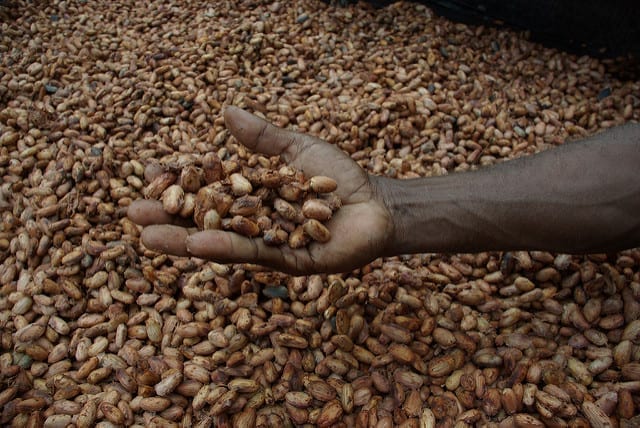On Tuesday, a U.S. federal appeals court reinstated a child slavery lawsuit against the United States’ branch of Nestle SA and Cargill Co.
Both companies, reports Reuters, are accused of propagating child slavery on cocoa plantations in the West African nation of Ivory Coast.
The decision was made by a panel of judges sitting on the 9th U.S. Circuit Court of Appeals, based in Pasadena, California. The judges’ unanimous determination will let the plaintiffs proceed with their claims, despite the alleged abuses having occurred overseas.
“In sum, the allegations paint a picture of overseas slave labor that defendants perpetuated from headquarters in the United States,” said the court.
As Reuters notes, the judges didn’t offer any remark on whether the plaintiffs’ claims hold merit.
The former child slaves, originally from Mali, say Nestle SA and Cargill Co ‘aided and abetted human rights violations’ by actively purchasing cocoa from Ivory Coast. Another defendant, Archer-Daniels-Midland, was dismissed from the suit in 2016.
The companies’ bid to have the suit tossed was turned down when it reached the Supreme Court in 2016.
Nestle said on Tuesday that it has explicit policies against child labor and is working to combat the problem.
“Regrettably, in bringing such lawsuits, the plaintiffs’ class action lawyers are targeting the very organizations trying to fight forced labor,” Nestle said.
Nestle’s website admits that the company’s supply chain contains elements which use child labor.

However, the company claims that it’s next-to-impossible for countries working in tracts of Western Africa to avoid its use.
“No company sourcing cocoa in Cote d’Ivoire and Ghana can fully remove the risk of child labour in its supply chain,” Nestle writes. “Nestle is no different, but we’re determined to tackle this problem.”
Nestle says it supports and various initiatives to improve the lives of West African youth and ‘reports’ claims of child slavery to regional authorities.
Cargill hasn’t offered any remarks on the pending litigation.
Reuters reports that the suit was dismissed from a Los Angeles district court twice, most recently in March of 2017. The district court judges found that the former slaves’ claims were barred from consideration, citing Supreme Court precedent that makes it difficult for plaintiffs to sue for alleged acts which may have occurred overseas.
The district courts’ rulings stipulate that violations abroad must “touch and concern” U.S. territory “with sufficient force.”
The 9th Circuit’s ruling challenged that narrative, with Reuters writing that ‘the alleged violations fell outside the scope of the companies’ ordinary business conduct.’
The plaintiffs say Nestle and Cargill provided financial and technical assistance to local farmers, all with the intent of ensuring that cocoa can be purchased at the cheapest prices possible. Those “kickbacks,” judged the 9th Circuit Court, may have propagated child slavery.
The inspections were purportedly led by U.S.-based employees who ‘knew of and upheld the financing arrangements.’


Join the conversation!